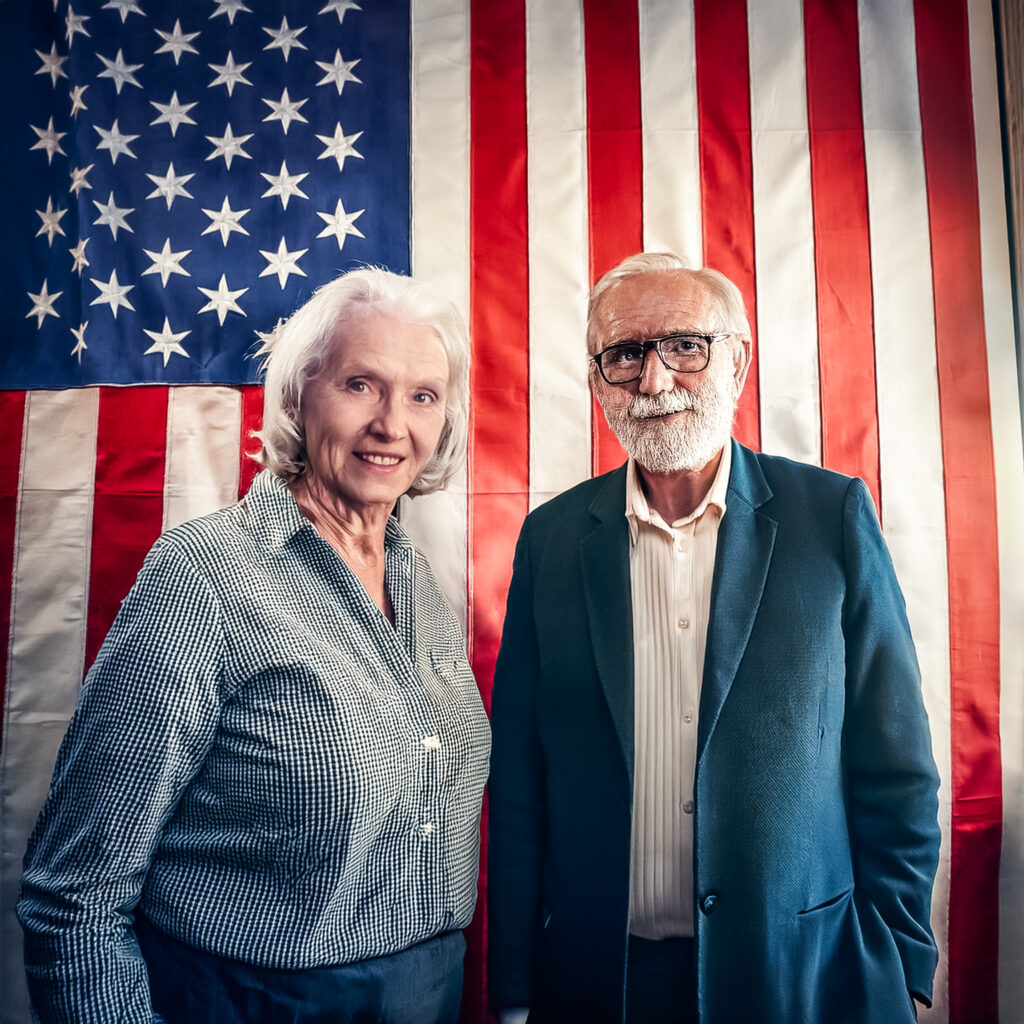POLLING - FLOGGING A DEAD HORSE...

As the U.S. faces another major election milestone, scepticism around polling accuracy is at an all-time high. Over the past 20 years, traditional methods have failed to keep up with our fragmented society.
Our communities have splintered into countless micro-groups, each with its own beliefs and echo chambers, making truly representative sampling nearly impossible. Network theory explains how tight-knit clusters amplify certain views while silencing others. Achieving a 95% confidence poll with a 3% margin of error requires 1,000 respondents. Capturing the true diversity of the U.S.—or any nation—with such a small sample is a near-impossible task.
The problem isn’t just bias; it’s the overwhelming information deluge. Today, people are bombarded with nearly 49.4 GB of information per capita daily, compared to just 0.33 GB two decades ago. In the 24 hours leading up to a vote, we now consume as much data as we did over five months back then. This flood not only makes breaking through the noise harder but also leaves voters susceptible to chance last-minute emotional persuasion.
With such unpredictability, polling may be a game that’s no longer worth betting on.
